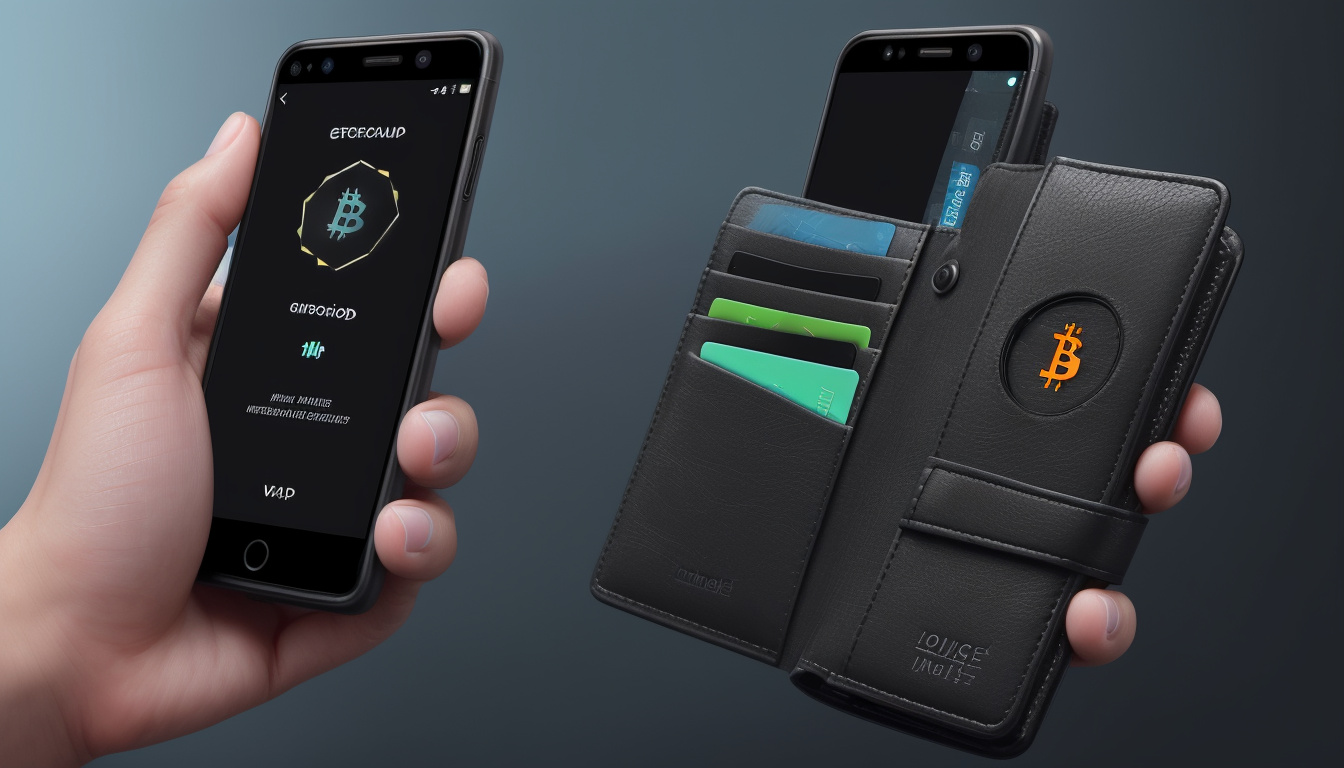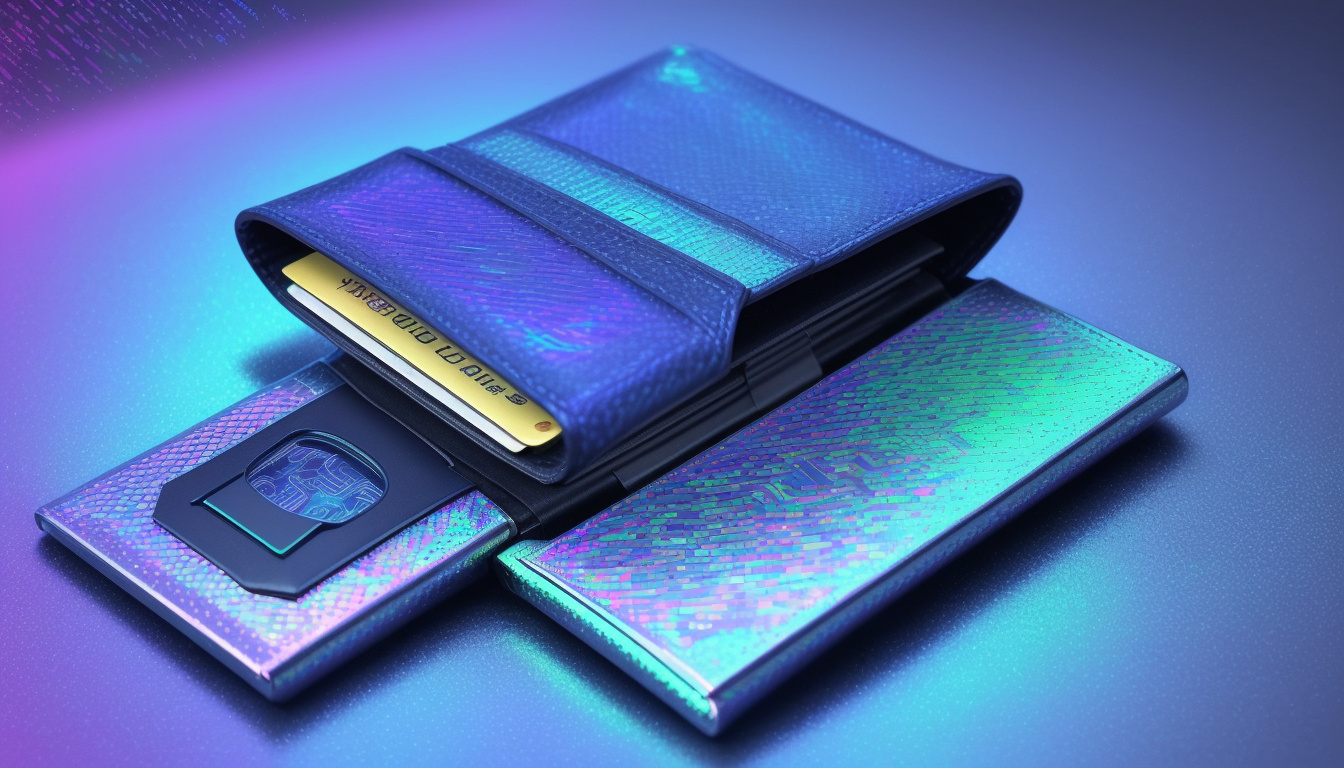The world digital currencies expands rapidly. Asset management becomes critical. A crypto wallet is essential for digital currency owners—Bitcoin, Ethereum, blockchain tokens. This guide explains steps to secure digital assets and protect investments from theft, loss, or hacking.
What is a Crypto Wallet?
A crypto wallet functions as software or hardware. It stores private keys and enables send, receive, and store operations for cryptocurrencies. Unlike a cash wallet, a crypto wallet holds secret codes that access blockchain records.
There are two wallet types:
- Hot wallets: These connect directly to the internet as mobile or desktop apps.
- Cold wallets: These remain offline, as hardware devices or printed keys, and reduce online exposure.
Wallet choice depends on trading activity, security needs, and convenience.
Why Securing Your Crypto Wallet is Crucial
Owning a crypto wallet imposes heavy responsibility. Transactions remain irreversible. Private key loss enables theft beyond recovery. Cybercriminals craft new exploits. Thus, proactive security measures are mandatory.
Weak security invites risks:
- Phishing that targets login details.
- Malware extracting private keys.
- Loss from forgotten passwords or misplaced hardware.
This guide details best practices to keep digital assets safe.
Types of Crypto Wallets and Their Security Benefits
Understanding wallet types reveals their security features:
-
Hardware Wallets
Physical devices, such as Ledger or Trezor, store keys offline. Offline storage hinders hacking. -
Software Wallets
Applications on desktop, web, or mobile. They offer convenience yet risk vulnerability if devices are compromised. Encryption and passwords help, but risks persist. -
Paper Wallets
A piece of printed paper holds private keys and public addresses. They remain offline but risk physical damage, theft, or loss. -
Custodial Wallets
Providers or exchanges hold your keys. Beginner-friendly, they depend on third-party security.
For extensive holdings or long-term storage, hardware wallets generally provide superior security, whereas software wallets suit frequent trades.
Follow these steps to secure your crypto wallet and safeguard digital assets:
1. Choose a Reputable Wallet Provider
Select a wallet from a trusted company. Read reviews, check security audits, and heed community feedback. Avoid new brands lacking a proven record.
2. Use Strong and Unique Passwords
Strong, unique passwords protect the wallet account and backup keys. Do not reuse passwords. A password manager can generate and store complex strings.
3. Enable Two-Factor Authentication (2FA)
Activate 2FA whenever available. Using a one-time code from a phone or SMS adds another security layer. Even if a password is compromised, 2FA protects access.
4. Safeguard Your Private Keys and Seed Phrases
Never share your private key or seed phrase. They serve as master keys to assets. Store them offline on paper or in a secure safe. Use digital storage only if proper encryption exists.
5. Regularly Update Your Wallet Software
Developers issue updates to patch vulnerabilities. Keep wallet software or firmware current to defend against emerging cyber threats.
6. Beware of Phishing Attempts and Scams
Scrutinize URLs and avoid suspicious links in emails or messages that mimic wallet providers. Phishing tricks can force the revelation of credentials or install malware.
7. Use Cold Storage for Long-Term Holding
For infrequent trading, shift assets to a hardware wallet or offline storage. This minimizes cyber exposure.
8. Backup Your Wallet Information Securely
Keep multiple backups of wallet credentials in physically secure, separate locations. This precaution guards against theft, fire, or disasters.

Best Practices Checklist for Crypto Wallet Security
- [ ] Select a reputable wallet provider with strong security feedback.
- [ ] Create strong, unique passwords with a trusted manager.
- [ ] Enable two-factor authentication (2FA).
- [ ] Keep private keys and seed phrases offline.
- [ ] Update wallet software regularly.
- [ ] Stay alert against phishing and malware.
- [ ] Use hardware wallets for extended storage.
- [ ] Backup wallet information in secure, isolated locations.
Frequently Asked Questions About Crypto Wallet Security
1. How does a crypto wallet protect my digital assets?
A crypto wallet secures assets by storing private keys that authorize blockchain transactions. With encryption, backups, and 2FA, the wallet prevents unauthorized access and theft.
2. Can I recover my crypto wallet if I lose my password?
Recovery relies on saved seed phrases or backups. With a seed phrase, you can restore the wallet. Without it, losing the password may permanently block access.
3. Which is safer: a hardware wallet or a software wallet?
Hardware wallets typically are safer due to offline key storage, which minimizes hacking. Software wallets, though more convenient, risk malware and phishing attacks.
Expert Insights on Crypto Wallet Safety
Cybersecurity experts warn that human error poses more risk than technical flaws. Personal vigilance combined with best practices considerably reduces the likelihood of loss or theft.
Conclusion: Protect Your Wealth with a Secure Crypto Wallet Today
In a digital landscape, wallet security is not optional—it is essential. Understand wallet types, adopt strong security measures, and remain vigilant against threats to secure digital assets. Do not leave your investments exposed. Review your wallet’s security and follow these steps to lock down your crypto assets. Your financial future deserves robust, complete protection.
Ready to secure your cryptocurrency like a pro? Begin by selecting a trusted provider and apply these best practices immediately!










